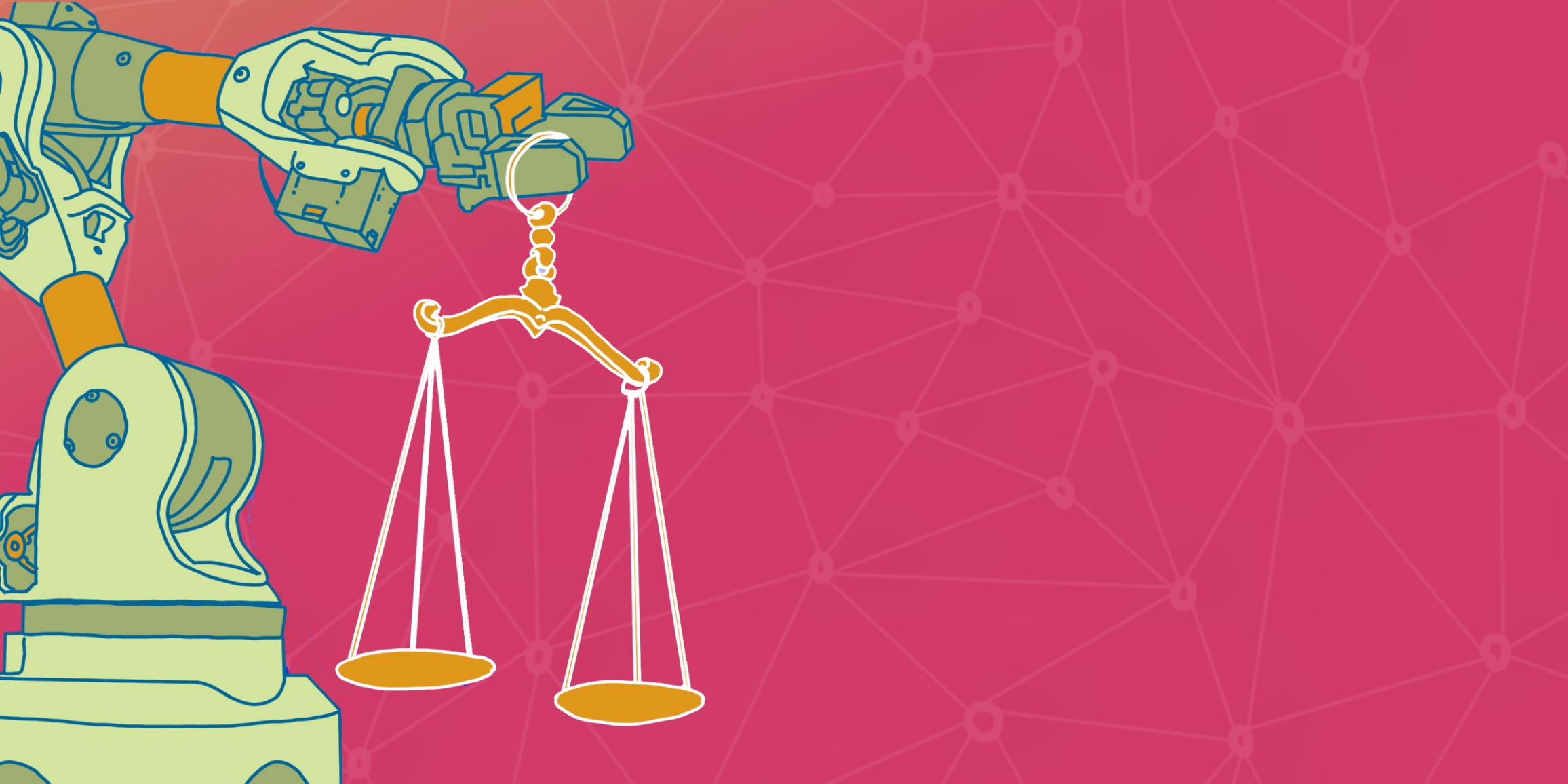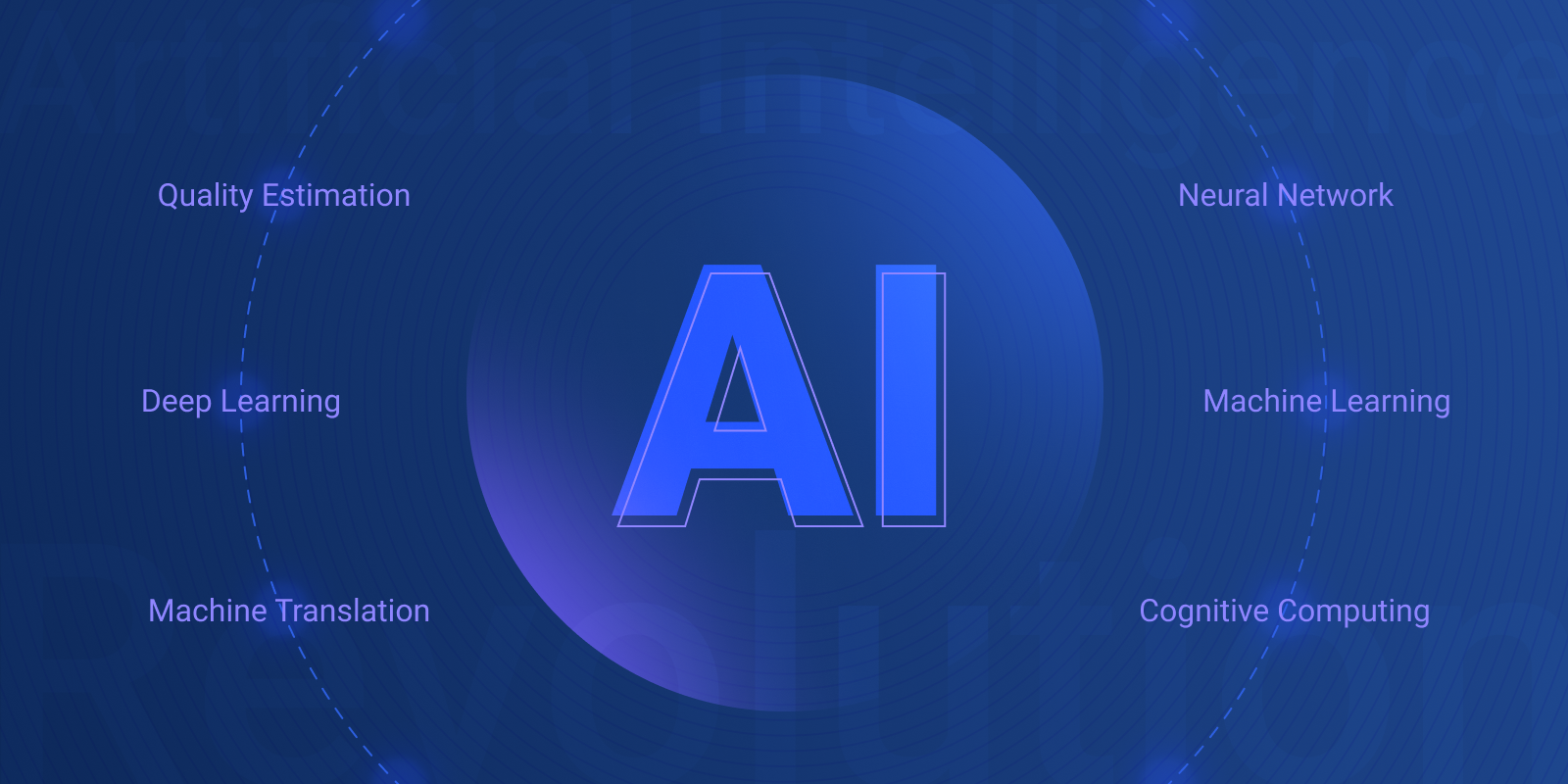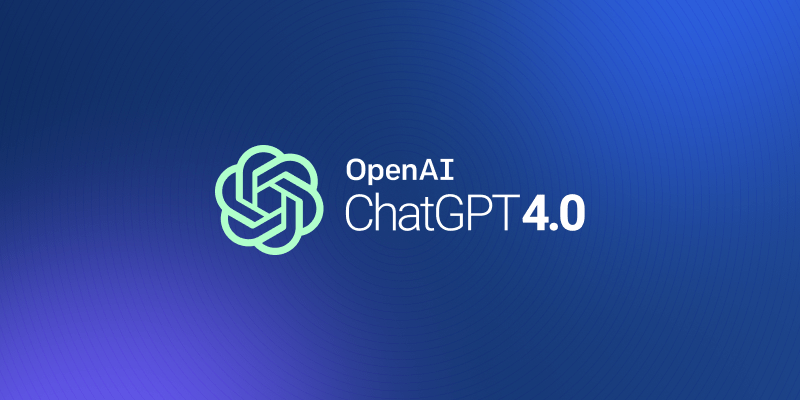Moral Machines: Translation Suppliers and AI Ethics
06/03/2020

Can AI-driven translation by itself lead to “social” bias or intentional fakes, or only to accurate or inaccurate outputs? Here are some notes on AI ethics
Author

Long-time European language technology journalist, consultant, analyst and adviser.
Related Articles
16/05/2023
Understanding our new leap in Artificial Intelligence and its impact on the industry.
31/03/2023
How is ChatGPT being used by the translation industry and is it really fit for the purposes of machine translation or language data for AI applications?
30/06/2022
TAUS recently launched DeMT™. This article provides context and more information on this recipe for improved MT.



